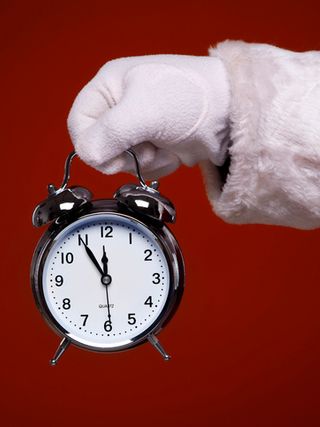What is a Good Oral Hygiene Routine?
For most of us, learning how to take care of our teeth and gums started as children, when we were taught to brush our teeth twice a day. However, as the years go by and bad habits creep in, it’s a good idea to check up on your oral hygiene skills to make sure you’re doing the best job of looking after your oral health.
Practicing good oral hygiene isn’t just important for keeping your teeth and gums healthy. Aside from benefits such as fresh breath and a sparkling white smile, oral health also plays an important role in your overall health and even your mental wellbeing.
How do I get started with an effective oral hygiene routine?
A good oral hygiene routine involves brushing your teeth twice a day (once in the morning and once before going to bed at night), flossing teeth once a day, and visiting your dentist at least twice a year for a check-up and clean.
To make sure you’re keeping on top of your oral hygiene, check out our tips for a healthy routine:
Brush up on your toothbrush skills
While most of us are aware of the importance of brushing our teeth twice a day, did you know that how you brush is just as important as how often?
Checking you have the right technique for brushing your teeth will help to ensure you’re cleaning your whole mouth effectively. Here’s a simple step-by-step guide:
1. Tilt your toothbrush to a 45° angle against the gum line and roll the bristles away from the gum line.
2. Starting with the upper teeth then moving to the lower teeth, brush the outside, inside and chewing surface of each tooth, using gentle back-and forth strokes.
3. Gently brush your tongue to remove bacteria and keep breath fresh.
Don’t forget to floss
Aside from brushing your teeth in the morning and at night, flossing your teeth once a day is an important part of an effective oral hygiene routine.
Flossing with dental floss removes plaque and debris between the teeth where your toothbrush can’t reach, which can help to avoid oral health problems such as tooth decay and gum disease.
Keep up with your dental check-ups
Ideally, you should book an appointment with your National Dental Care practitioner twice a year for a check-up and clean.
During this appointment, your dentist will assess your oral health and hygiene, discuss any dental issues, and advise on further treatment if required. You’ll also undergo a thorough clean and polish.
This appointment is a good opportunity to talk to your dentist about your cleaning techniques, as well as ask for advice on the best toothbrush, toothpaste and other dental products to suit your needs.
Be aware of oral hygiene problems
Maintaining good oral hygiene isn’t just about brushing and flossing; it’s also important to understand what can cause oral hygiene problems, so you can do your best to avoid potential oral health issues.
Staining and discolouration of teeth is a common problem that’s often caused by beverages such as tea, coffee, red wine, and sugary drinks, as well as smoking and certain medications.
If you’re concerned about discoloured teeth, check out our safe and effective teeth whitening options - including in-clinic whitening and take-home kits - and talk to your dentist about whether this is a suitable solution for you.
Bad breath is another common oral hygiene problem which can be distressing. Bad breath can occur for a wide range of reasons, including poor teeth-cleaning techniques, dry mouth, medications, or other dental conditions. Your dentist will be able to investigate the cause of your bad breath and advise on the best treatment to address the issue.
Teach children good oral hygiene
Taking care of oral health in children starts from when their baby teeth first appear. It’s important that these initial teeth are kept healthy, as lingering bacterial infections can cause damage in permanent teeth.
Babies and young children will need their teeth cleaned by an adult. From around the age of two years old, children can begin to use tiny amounts of toothpaste.
Establishing good oral hygiene habits while children are young is the key to keeping teeth and gums healthy in the long term. Children should start having regular check-ups with a National Dental Care practitioner from the age of two.
For more advice on how to maintain a good oral hygiene practice, speak to your National Dental Care / DB Dental dentist - you can Book an Appointment online today.

